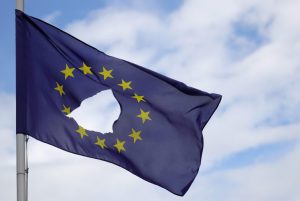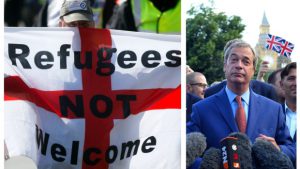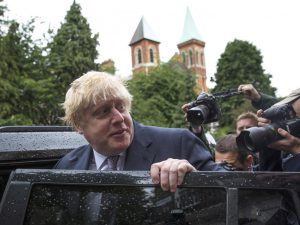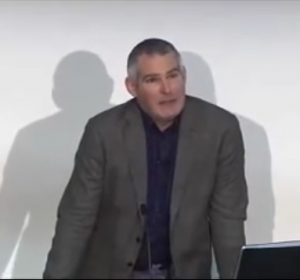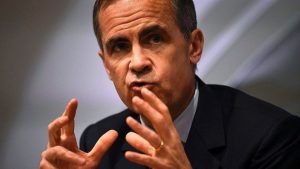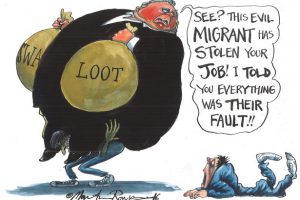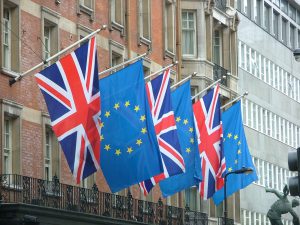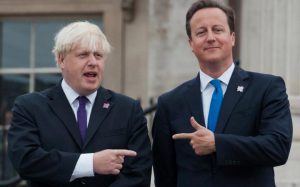
I campaigned for a Remain vote — both as a Liberal Democrat and in Cambridge for Europe. Remaining in the EU is profoundly important for all of us. I very much agree with Tim Farron’s comment made soon after the referendum, that we should campaign to reverse Brexit in the next election, though quite what that means will depend on whether the formal process of leaving under article 50 of the Lisbon treaty has been triggered by then.
Between the start of the year and the referendum I knocked on just over 2100 doors. Each time I have asked the Europe question. What strikes me is how many of those who said they’d vote Leave who were doing this for reasons which had nothing to do with the EU — reasons that were to do with frustrations with life or politicians. When the EU was mentioned, people knew chillingly little about it.
Continue reading “A Liberal Democrat future (speech given July 2016)“
